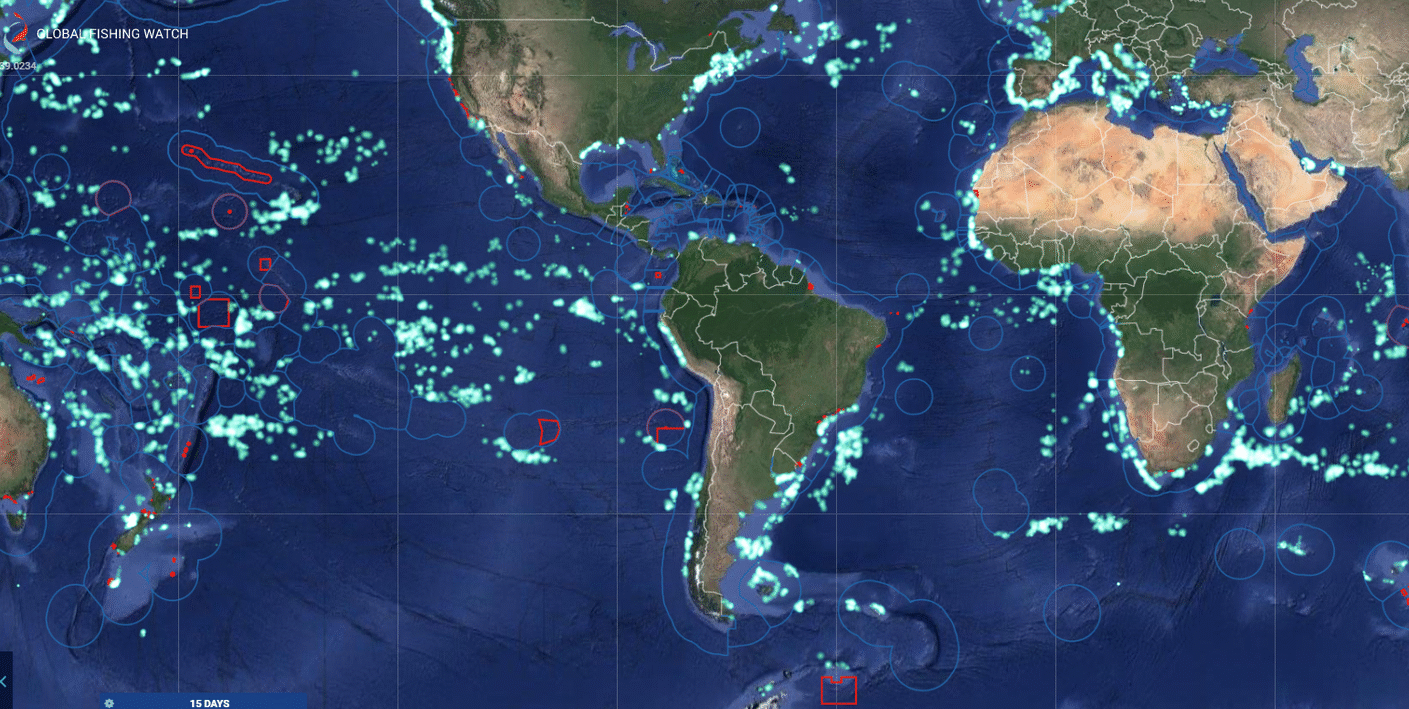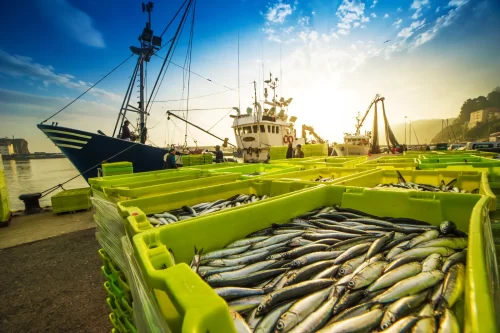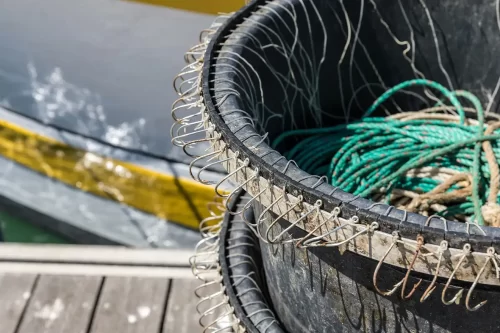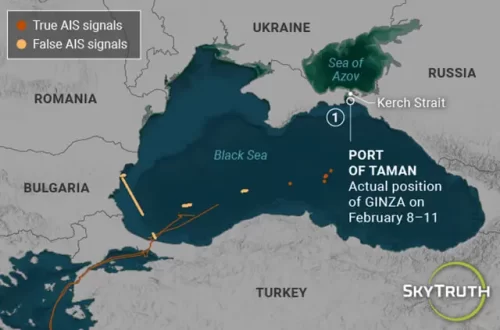Today, we are pleased to announce that, through a partnership with Spire Global, Inc, we have doubled the amount of data we use to identify and track nearly 60,000 commercial fishing vessels on the world’s oceans.
Publicly broadcast Automatic Identification System (AIS) messages received by satellites and ground-based receivers comprise the largest source of data in the Global Fishing Watch platform, but gaps in AIS signals can occur in areas where satellite coverage is sparse, or between satellite passes.

The addition of Spire’s Sense, adds approximately 23 million new data points from ground-based receivers and some fifty nano-satellites, to our database every day. The new data may not be adding more vessels to our database–we already see more than 90 percent of all industrial sized commercial fishing vessels– but it is filling in gaps in coverage and enabling the Global Fishing Watch algorithm to generate more complete vessel tracks.
“The partnership with Spire allows Global Fishing Watch to take advantage of the latest in space-based earth monitoring technology,” said Global Fishing Watch Chief Technology Officer Paul Woods. “Their nanosatellites provide us with a nimble and innovative way to increase the power of our platform to create transparency in the oceans.”
Less expensive and easier to deploy and update than traditional satellites, nano-satellites are becoming increasingly important tool for scientific research. Spire’s satellites are about the size of a wine bottle, and are launched at a rate of nearly four satellites per month. “It’s incredibly exciting to have customers like Global Fishing Watch using Spire Sense,” said Kyle Brazil, Sense’s product manager. “We’re able to simply open an internet browser and see how our data is being used to make a real difference in the world. Global Fishing Watch will be able to take advantage of any improvements that we make to satellites, data, APIs, and analytics offerings, which means we will have an immediate impact on efforts to improve the sustainability of fisheries and protect an important resource that feeds millions of people.”


